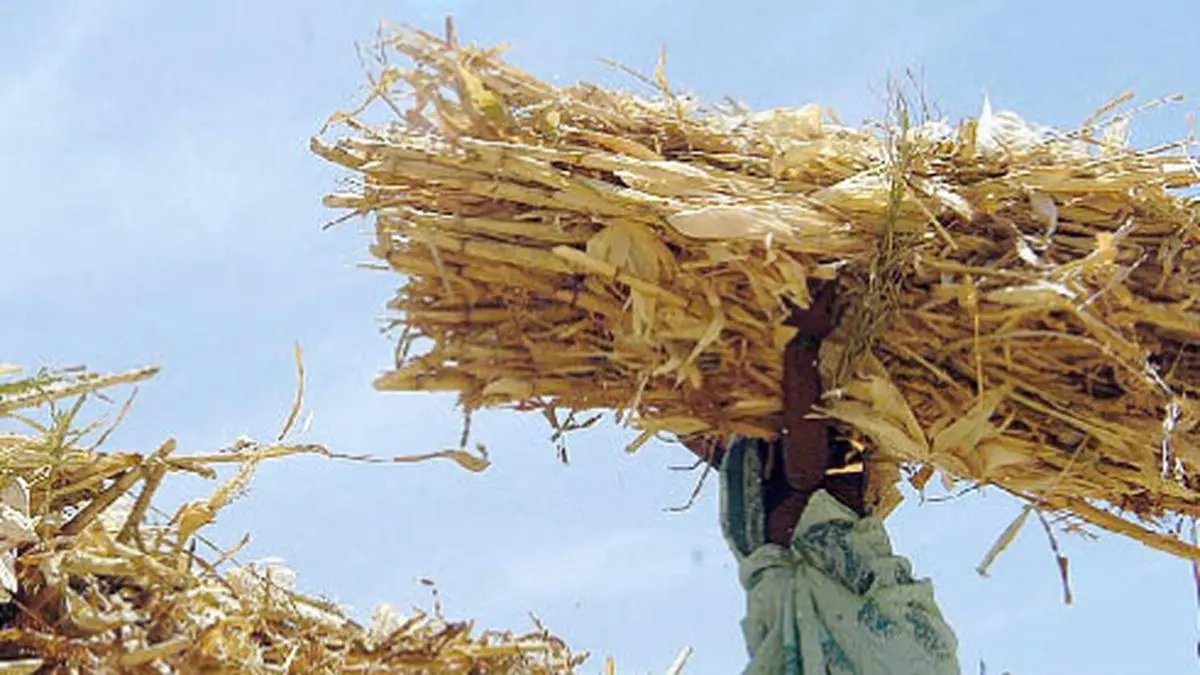India permits export of second-generation ethanol for fuel and non-fuel purposes


Produced from bagasse, wood waste, lignocellulosic residues, and non-food crops like grasses and algae, this biofuel does not compete with food crops and has low carbon emissions.
The government has notified additional policy conditions for the export of second-generation ethanol, which is produced from materials such as bagasse, wood waste, and industrial waste. Under these conditions, the biofuel can be exported for fuel purposes, as it was previously allowed for non-fuel purposes.
It said export of second generation ethanol, which is produced through cellulosic material such as bagasse, wood waste, lignocellulosic feedstocks — agricultural and forestry residues such as rice and wheat straw, corn — and non-food crops like grasses, algae and having low carbon-dioxide emissions or high GHG (greenhouse gas) reduction, and which do not compete with food crops for land use.
It “is permitted for fuel and non-fuel purposes”, the Directorate General of Foreign Trade (DGFT) said in a notification on Wednesday.
Export requires authorisation, feedstock certification
The permission, however, is subject to a valid export authorisation and feedstock certification from the relevant competent authority.
In a separate trade notice, it has been said that exporters are informed that consignments will be subject to checks by relevant authorities to verify compliance with this notification. “Certificates of origin for feedstock may be issued by the jurisdictional State Excise Department or an authorised Third Party Inspection Agency (TPIA) accredited under NABCB, as applicable. The details in such certificates should be clearly linked with the corresponding batch and invoice,” DGFT said.
More Like This
Published on September 24, 2025




